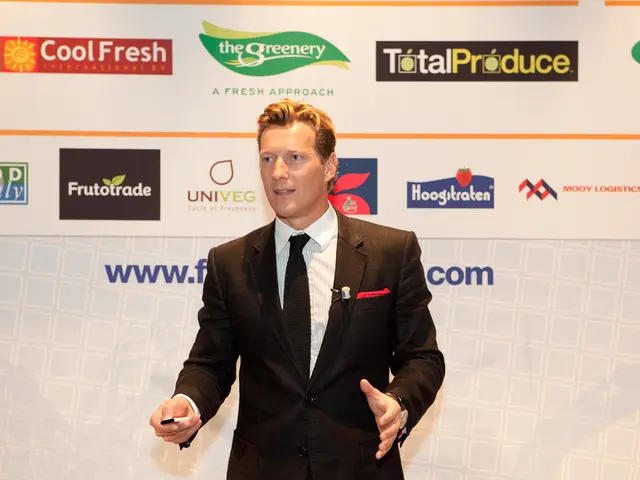Investment in Renewable Energy at Aveiro Port
The Port of Aveiro is set to embark on an exciting new venture, as it prepares to install Self-Consumption Production Units at three of its key locations: the North Terminal, Coastal Fishing Port, and Liquid Bulk Terminal. Financed by the Recovery and Resilience Plan (PRR) through the Environmental Fund, this project aims to produce a total of 656,553.32 kilowatts per year (kWh/year) and enable self-consumption of over 80% of the produced electricity.
This initiative aligns with both the European Green Deal and the Sustainable Development Goals (SDGs), which aim for a 55% reduction in greenhouse gas emissions by 2030. By integrating renewable energy sources and promoting self-consumption, the project supports the European Green Deal's goal of making Europe climate-neutral by 2050.
The project also contributes to several SDGs, including SDG 7, which emphasises the need for affordable, reliable, sustainable, and modern energy for all, and SDG 13, which calls for urgent action to combat climate change and its impacts.
The implementation of these units is estimated to reduce electricity consumption by 575,891.92 kWh/year, resulting in a decrease of 49.52 tonnes/year in greenhouse gases in CO2 equivalent. This reduction in emissions is a significant step towards the Port's commitment to sustainable practices and the EU's guidelines for climate transition.
The Port of Aveiro Administration's Energy Transition Strategy, which this project is part of, outlines a comprehensive approach to reducing the port's carbon footprint and promoting renewable energy. The project, scheduled to start later this year, marks an important milestone in this strategy and sets a positive example for other ports and industries to follow.
While specific details on the Port of Aveiro's project are yet to be disclosed, it's clear that this initiative, like many others focusing on renewable energy and self-consumption, is a significant step towards a more sustainable future. By reducing reliance on fossil fuels and lowering greenhouse gas emissions, projects like these contribute to national and international commitments to combat climate change and promote sustainable development.
- The news about Portugal's Port of Aveiro installing Self-Consumption Production Units at three of its terminals, financed by the Recovery and Resilience Plan, aligns with the European Green Deal and the Sustainable Development Goals (SDGs), aiming for a 55% reduction in greenhouse gas emissions by 2030.
- This project, by integrating renewable energy sources and promoting self-consumption, supports the European Green Deal's goal of making Europe climate-neutral by 2050.
- The implementation of these units is estimated to reduce electricity consumption by 575,891.92 kWh/year, resulting in a decrease of 49.52 tonnes/year in greenhouse gases in CO2 equivalent, a significant step towards the port's commitment to sustainable practices and the EU's guidelines for climate transition.
- The Port of Aveiro's project, scheduled to start later this year, is a significant step towards a more sustainable future and sets a positive example for other ports, industries, and environmental-science sectors in the finance and industry sectors, especially those focusing on renewable energy and climate-change mitigation.




